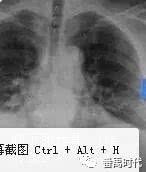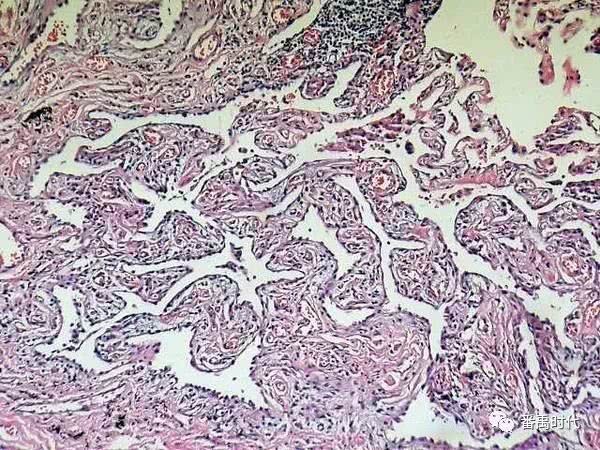Causation of immunity and pulmonary consolidation

Immunity in western medicine is people's resistance to disease, which is called Zhengqi in traditional Chinese medicine. As early as in the "Huang Di Nei Jing Su question", it is said: "good qi is stored in, evil can not be done; where evil is put together, its qi will be empty." That is to say, when a person gets sick, righteousness is not enough. Immunity in Western medicine has three major functions, namely, immune defense, immune self-stability, and immune surveillance, which is also very similar to the detailed understanding of righteousness in traditional Chinese medicine.
Immune defense refers to the ability to resist pathogens and their toxic products invading the human body without suffering from infectious diseases; immune self-stabilization refers to the timely identification of aging and dead cells and removal; immune surveillance refers to the identification and killing of mutant cells in the body to prevent tumor. Once the human immunity is abnormal, or maladjusted, it will produce pathological phenomena. For example, if the immune self-stabilization function is too strong, it is easy to suffer from rheumatoid arthritis; if the immune defense is too high, it is easy to have allergic reactions.
The above are the pathological reactions that the immune function is too strong or too high. When the immune function is too low, it is easy to suffer from immunodeficiency syndrome; if the immune surveillance is too low, there will be tumors, lung consolidation and other organic lesions, that is, the vital qi is very weak in traditional Chinese medicine. In fact, some chronic diseases develop to a certain degree of malignant changes, that is, organic lesions, lung consolidation is only one of them, and there are pulmonary fibrosis, atelectasis, lung cancer and so on.
Lung consolidation can also be said to be atelectasis or alveolar effusion leading to no gas in the lungs, followed by substantial changes in lung tissue, alveoli filled with exudates, and hardening reactions, just like liver cirrhosis. Therefore, lung consolidation is that substantial changes have taken place in the lungs, and the most common cause of lung consolidation is pneumococcal pneumonia, which will weaken the respiratory sounds of the lungs, enhance tactile speech fibrillation, and show voiced sounds during percussion. When a large area of lung consolidation occurs, speech tremor, voiced sound, solid sound are highlighted, and bronchial breathing sound and blister sound appear.
- Prev

Classification and characteristics of interstitial pneumonia
Interstitial pneumonia is a newly prevalent disease, which is not only the name of western medicine, but also a saying of western medicine. many patients and their families and relatives are easy to understand as a disease. In fact, it is divided into four types, which are common interstitial.
- Next

Office must be mini-rose maintenance pay attention to 3: 00 flowering, good-looking, strange shape
The potted plants placed in the office should generally be mini, and many of them are foliage plants. Today, the editor will introduce to you a kind of flower plant, which is a mini rose.
Related
- Wuhan Hospital Iron Tree Blooming Result Was Instantly Frightened by the Gardener Master
- Which variety of camellia is the most fragrant and best? Which one do you like best?
- What is the small blue coat, the breeding methods and matters needing attention of the succulent plant
- Dormancy time and maintenance management of succulent plants during dormancy
- Minas succulent how to raise, Minas succulent plant pictures
- What are the varieties of winter succulent plants
- How to raise succulent plants in twelve rolls? let's take a look at some experience of breeding twelve rolls.
- Attention should be paid to water control for succulent plants during dormant period (winter and summer)
- Watering experience of twelve rolls of succulent plants
- Techniques for fertilizing succulent plants. An article will let you know how to fertilize succulent plants.

